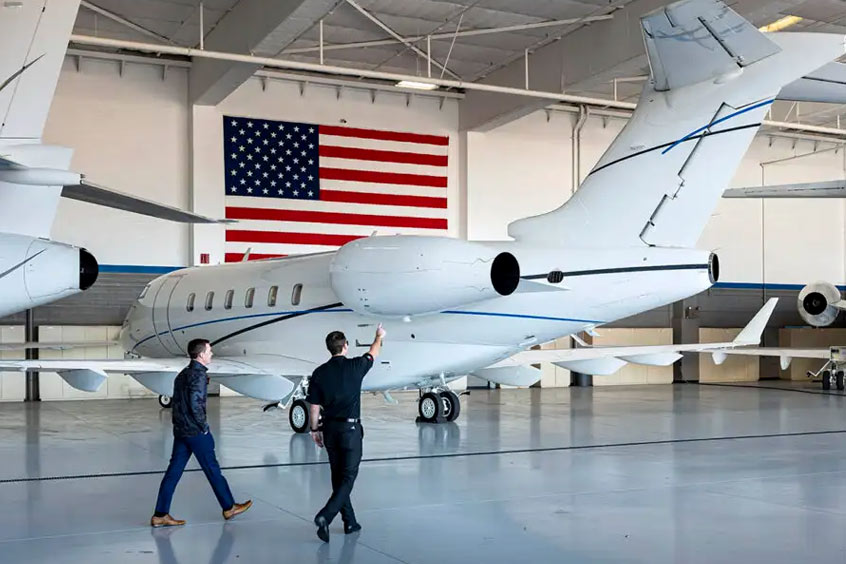Why visit ACE ’25?

The NBAA’s latest Compensation Survey shows increases in pay for pilots from 2022 to 2023, with salaries up around 12 per cent among senior captain, captain and first officer positions in the business aviation industry.
“That’s pretty huge,” says Dr Christopher Broyhill, CAM, an aviation compensation expert and NBAA Business Aviation Management Committee member who coordinates the survey. “And that shows something we were all wondering about. We’re hearing a lot of anecdotal stuff about pay raises out there, and people getting more money for these positions, but that pretty much anchors it and shows that what we’re hearing is true.”
In addition, Broyhill notes the survey indicated that the average captain received long-term retention bonuses of around $27,000 a year.
The survey was based on 455 NBAA member participants providing data for 3,442 flight department employees.
“For the first time, the NBAA survey has got a whole section on retention compensation that actually has numbers about not only who’s being awarded what, but how many, and the dollar amount associated with it. That’s huge,” he continues.
Overall, business aviation positions increased by 7.22 per cent from 2022 to 2023, back up from the COVID lull. The only positions that were down were aviation managers who didn't fly and senior flight attendants. “If you take those two positions out, then I’m sure that the overall average increase would have been much higher than 7.22 per cent,” he says.
He also notes that airline pay has helped to drive up pilot salaries across all of aviation. “We’re seeing the results of airline pressure on wages in our industry because people are having to pay pilots more to keep them from leaving and going to the airlines, or going to other operators who lose people to the airlines,” he adds.
Jo Damato, CAM, NBAA senior vice president, education, training and workforce development, points out a significant increase in survey participants over last year’s 382 respondents. “This was especially helpful as we wanted to start measuring a few new things related to retention strategies,” she says. “Everyone in aviation is focused on not only attracting new talent but also retaining the professionals already in our industry. These insights and more can help employers learn how to stay competitive so they can avoid the high expenses associated with replacing vacated positions.”